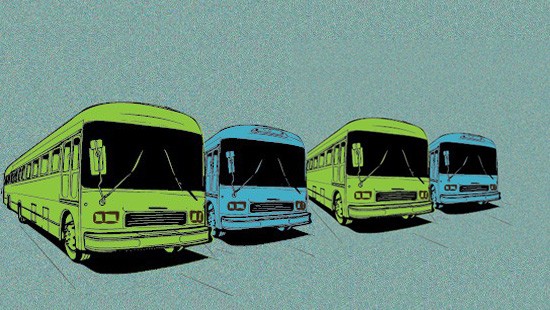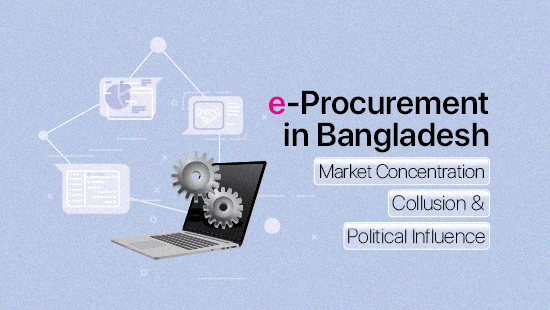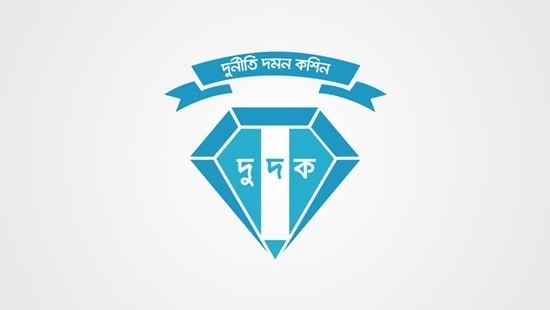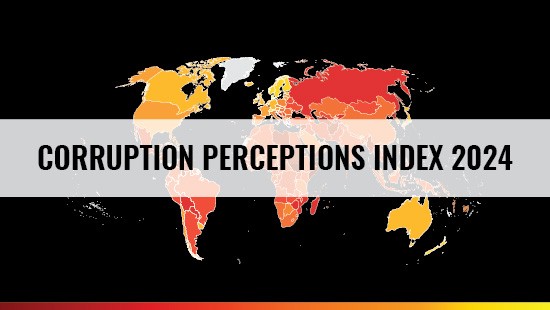Three reports on Speedy Trial Court, Local Government and Land Administration released
Transparency International, Bangladesh (TIB) recently organized a series of roundtable meetings to release three working papers on Speedy Trial Court, Local Government and Land Administration during 12-14 September 2004. These programs were held at the CIRDAP Auditorium at Topkhana Road, Dhaka.
On September 12, a report on the performance of Speedy Trial Court was released under TIBs Court Watch Program. The report said that one-fourth of cases under the Law and Order Disruption Crime (Speedy Trial) Act 2002 were politically motivated. It also said that Judicial staff including magistrates, lawyers and court clerks had fleeced 67.6 percent or over two-thirds of the defendants in cases filed under this law. The study conducted in 2003 found about 23.4 percent of the magistrates, 29.8 percent lawyers and 44.3 percent court clerks wring money illegally from the accused in the cases.
TIB Trustee Member and Treasurer Professor Muzaffer Ahmad presided over the session while Mr. Abdul Alim, Research Officer, TIB presented the paper. Later, Jatiya Party (JP) Chairman Anwar Hossain Manju, Jatiya Samajtantrik Dal (JSD) President Hasanul Huq Inu, Ain-O-Salish Kendra Executive Director Sultana Kamal and eminent Lawyer Shahdeen Malik took part in the discussions.
On 13 September, a report on Local Government (Municipality and Union Parishad) was released. The report, based on a survey conducted in greater Mymensingg, was aimed at assessing the service of local government bodies, condition of roads, cleanliness efforts and drainage system. The report revealed that Poursavas and Union Parishads took bribes from the people for different services such as approval of house building plan and dispute resolution. The residents of these areas, it added, expressed their resentments at various irregularities and lack of civic amenities. It also said that about 63 percent residents of pourasavas and over 71 percent in Union Parishads are dissatisfied with the services of these two local government bodies.
In its recommendations, the report said that most local government representatives forget their election pledges they made before the election. So it suggested forming committees with professionals and noted citizens who would work as pressure groups and remind them of their pledges. The survey also found that the local government representatives could not perform their duties properly because of inadequate fund and human resources. It recommended raising allocation and providing new source of income for the local government bodies.
The program was chaired by Professor Muzaffer Ahmad, Treasurer and Member, Board of Trustees, TIB while Dr. Ifekharuzzaman, Executive Director, TIB was present. The report was presented by Sydur Rahman Molla, Senior Program Officer, TIB. Atiur Rahman, senior research fellow of Bangladesh Institute of Development Studies (BIDS), MM Akash of Economics Department, Dhaka University, Dr Badiul Alam Majumdar, country director of Hunger Project were also present and discussed on the paper. Pourasava chairmen, UP members, and members of the Committees of Concerned Citizens also attended the roundtable.
Another report on Land Administration was released on September 14. The report made some startling revelations about the Land Administration of Bangladesh. It said that about ninety percent of households are forced to bribe field level land officials for registration of land as corruption and lack of transparency and accountability reign supreme. The offices of assistant commissioner (AC) land, sub-registrar, tahsildar, deed writer, Kanungu and settlement officer exacted about Tk12.21 crore in bribe from service seekers. It is to be mentioned that the survey was conducted in six municipalities and 52 unions of greater Mymensingh region during October to November last year. The report was presented by Sydur Rahman Molla, Senior Program Officer, TIB while Prof Muzaffer Ahmad chaired the session.
TI report calls for truly Independent Anti-Corruption Commission and Ombudsman in Bangladesh
A report on National Integrity Systems TI Country Study Report Bangladesh 2003 was released on 14 September at a press conference. It was held at the National press Club. The National Integrity Systems TI Country Study Report Bangladesh 2003 was prepared by TIB under the auspices of a programme developed by the TI Secretariat. It was the latest in a series of TI study reports on national integrity systems. The report called for truly independent Anti-Corruption Commission and Ombudsman in Bangladesh. It said that systematic corruption posed a serious challenge to efforts to promote good governance in Bangladesh and urgent steps are needed to address issues like lack of laws on political party finance, poor service conditions and low salary structure for public officials. The report said that the Bureau of Anti-Corruption had been the main agency responsible for controlling corruption, but its impact had been blunted as it had been run out of the office of the prime Minister and was subject to political influence. The report also called for the immediate appointment of an Ombudsman.
CCC activities
In Mymensingh, the Committees of Concerned Citizens (CCC) and TIB jointly organized a meeting with the newly elected Chairman and Commissioners of the Municipal Corporation on 8 September at the local Muslim Institute Auditorium. Chaired by Professor Shamsul Islam, a working paper was presented at the program on behalf of the CCC. Aimed at creating a corruption-free, transparent and accountable Municipal Corporation in Mymensingh the meeting discussed ways to ensure more civic amenities to its residents.







